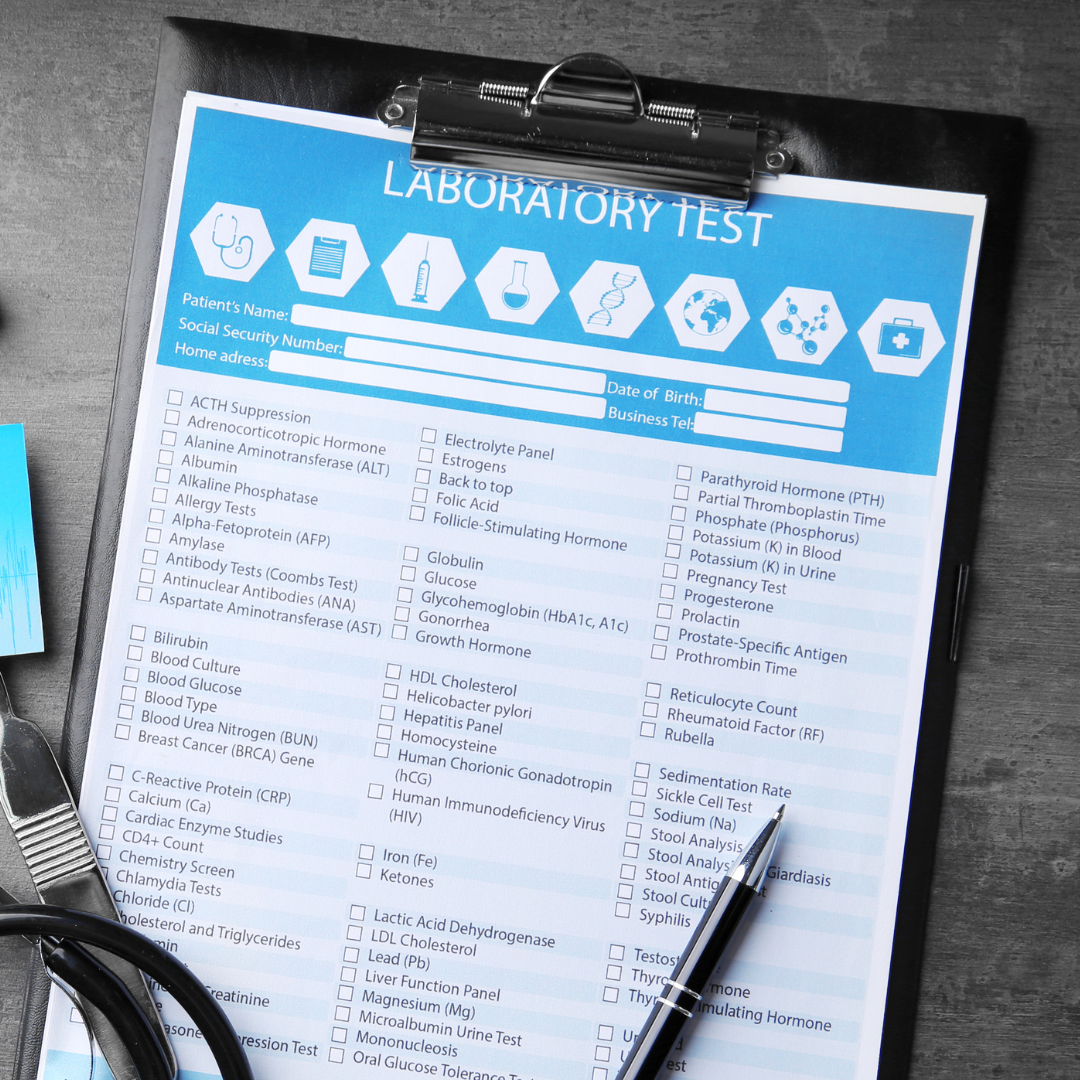
Can HSV I Turn into HSV II? What about false positive results?
Is it possible for the herpes simplex 1 virus to turn into the herpes simplex II virus? Is it possible to test negative for both types and then test positive a few months later, even without an outbreak? What about having a "false" positive test result?
Expert answer
Herpes simplex virus-1 (HSV-1) is similar to herpes simplex virus-2 (HSV-2), with the main difference being that HSV-1 is most often experienced as an oral/facial infection while HSV-2 is more commonly related to genital herpes. The two types don’t somehow change into the other type.
It is true that either type can infect genital or oral skin, which can cause confusion. HSV-2 rarely infects oral tissue, though, and a blood test positive for HSV-2 typically indicates that an individual has genital herpes, even if they’ve never experienced symptoms.
Blood tests also can be used when a person has no visible symptoms but has concerns about having herpes. Blood tests do not actually detect the virus; instead, they look for antibodies (the body’s immune response) in the blood.
The accurate herpes blood tests—known as type-specific blood tests or serology—detect IgG antibodies. Unlike IgM antibodies, IgG antibodies can be accurately broken down to either HSV-1 or HSV-2. Research (RA Morrow et al., 2002 and 2005) corroborates this finding: labs that used non-gG-based tests (“non-specific” tests) for herpes had high false-positive rates for HSV-2 antibodies. But 100% of the labs using gG-based tests (“type-specific” tests) accurately reported that the blood sample was negative for HSV-2.
The challenge here is that the time it takes for IgG antibodies to reach detectable levels after initial infection can vary from person to person. For one person, it could take just a few weeks, while it could take a few months for another. So even with the accurate tests, a person could receive a false negative if the test is taken too soon after contracting the virus. For the most accurate test result, it is recommended to wait 12 – 16 weeks from the last possible date of exposure before getting an accurate, type-specific blood test in order to allow enough time for antibodies to reach detectable levels. False positives are rare with type-specific blood tests when used in this manner.
—Gary A. Richwald, MD, MPH
